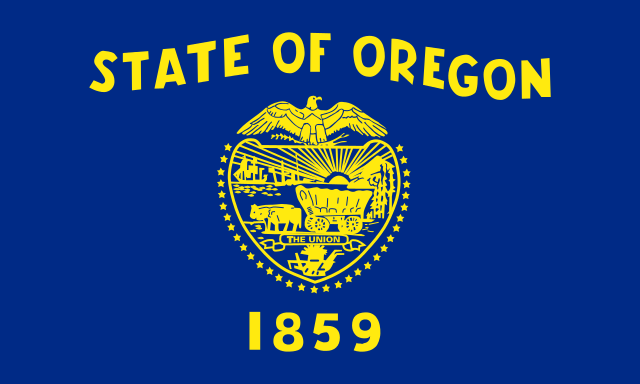The Oregon Public Employees Retirement System (PERS) has informed current deputy director Steve Rodeman that he will move into the fund’s top job when executive director Paul Cleary retires in December.
Rodeman has been the fund’s second-in-command since 2008. But his tenure hasn’t been without controversy – last year, there were complaints of harassment and discrimination in the workplace under Rodeman’s watch.
Reported by the Oregonian:
In July 2013, the former director of Human Resources at PERS, Helen Bamford, asked the Department of Justice to investigate employee complaints of discrimination, harassment and a hostile work environment against a group of managers, principally Rodeman, after her efforts to address the complaints internally were unsuccessful.
The DOJ investigation was resolved without a finding, but Bamford subsequently filed a whistleblower and discrimination complaint with the state Employee Relations Board and a tort claim against the state after being forced out of PERS “for the good of the agency.”
Bamford is currently working for the Oregon State Board of Nursing but still officially a PERS employee. She signed a settlement agreement last week with the state, which will pay her $30,000. Neither side admitted fault.
Board members said Friday they were aware of the complaints, but didn’t deal with them directly or discuss them as a board.
“Personnel matters don’t come before the board,” said Pat West, a retired Salem firefighter who sits on the board. “It’s not an issue we would deal with.”
Rodeman did not respond to a request for comment.
Rodeman will be paid an annual salary of $168,000 in his new position.


